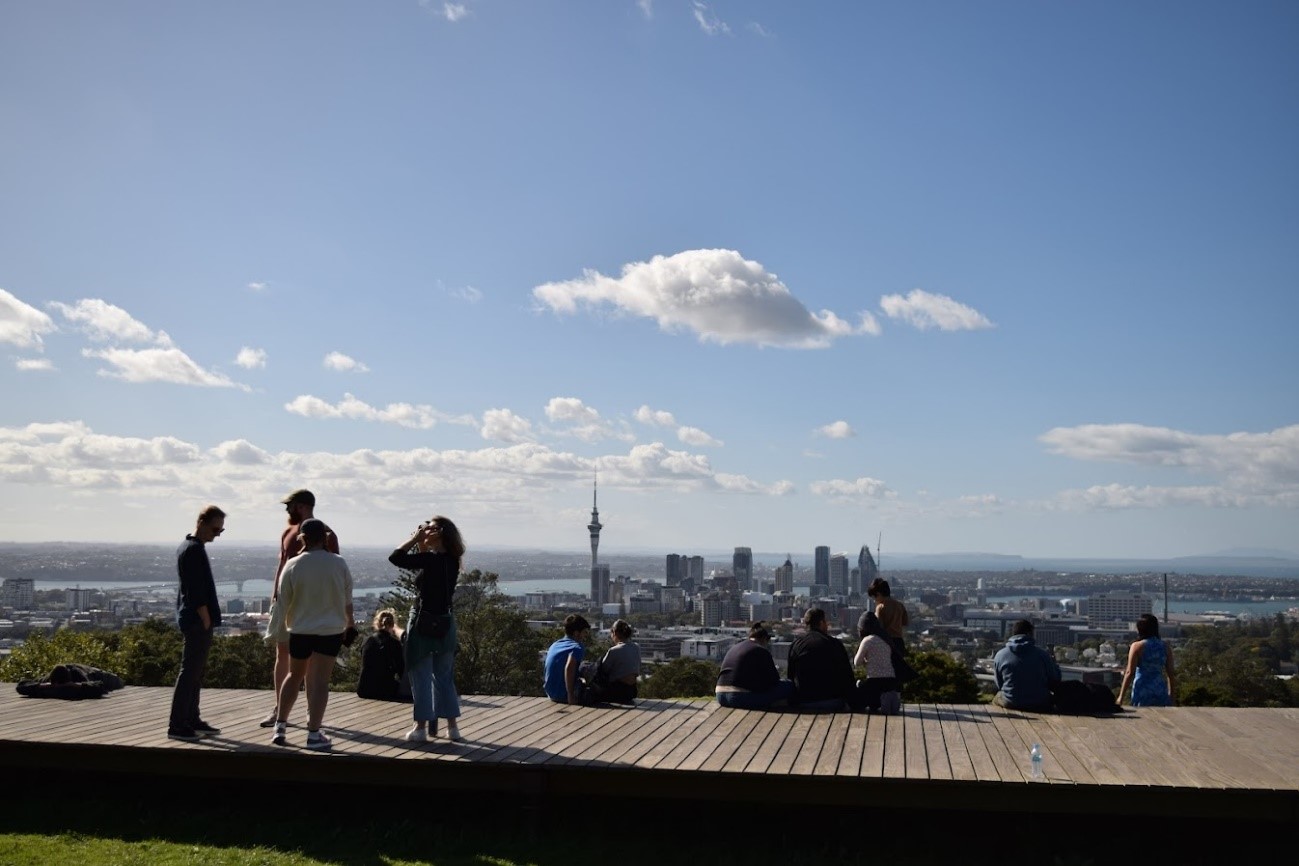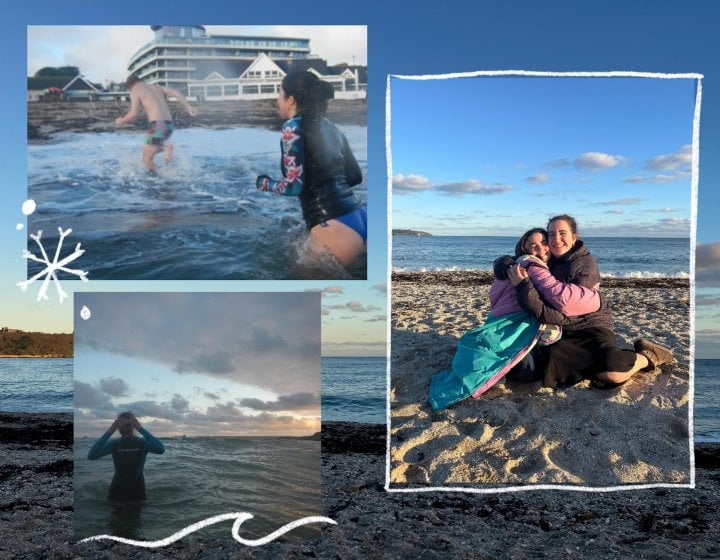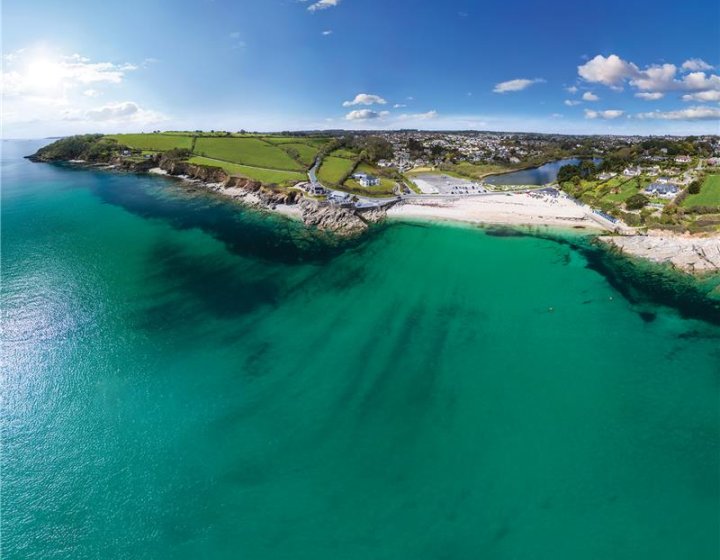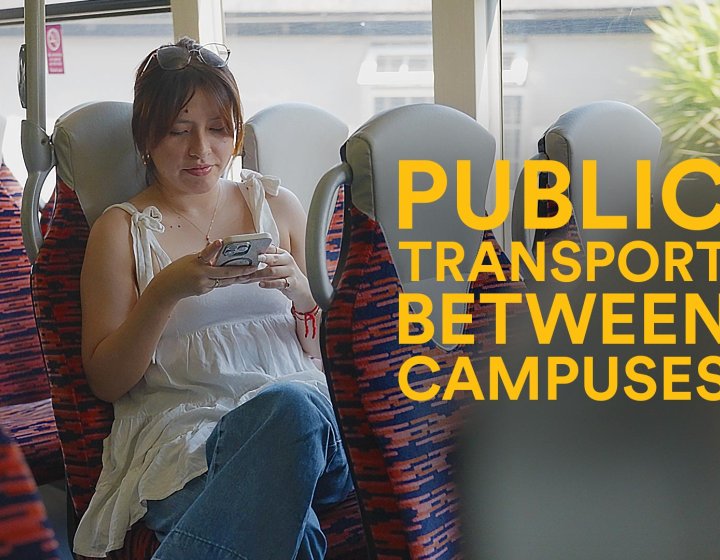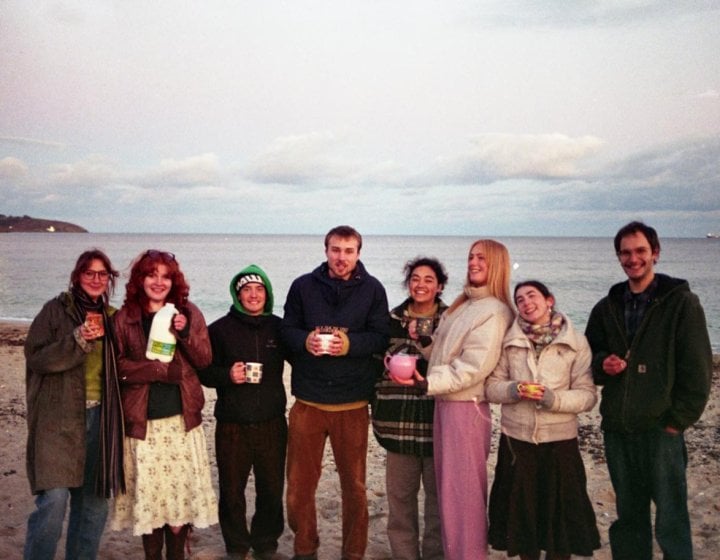Thinking about studying abroad? Here’s what you should consider before applying
24 May 2024

This article was written by second-year BA(Hons) Journalism & Creative Writing student Danielle, who is currently studying abroad for a semester at Auckland University of Technology, New Zealand. She enjoys photography and can often be found exploring new places looking for a good angle.
Sitting on a beach, travelling during the holidays and meeting friends from all over the world – sounds great, right? There are some well-publicised perks of studying abroad, but what is it really like?
In this series of blog posts, I’m going to share some of my experiences of my exchange to Auckland University of Technology (AUT), New Zealand, from the initial application process, to booking flights, and what to do once you have arrived.
This first post focuses on the early stages of applying for an exchange and how to decide if studying abroad is the right choice for you.
First and foremost, have you got a clear idea of how this scheme would benefit you? It may sound simple, but having a motive for going abroad makes the application process a lot smoother as much of the paperwork is about justifying why you want to go abroad for a semester.
Perhaps navigating a new environment would help your confidence and aid personal development. Maybe you’re interested in seeing another culture and immersing yourself in local artwork, architecture and cuisines. Being able to link this motive to your degree or future career goals is crucial in demonstrating to your course leader that sending you abroad would be worthwhile.
Personally, I wanted to experience news reporting in another country and diversify my journalism portfolio. Remember, there is a ‘study’ in study abroad – if you’re anticipating an extended holiday then you may get a rude awakening!
Knowing your aims will also help when choosing the university for your exchange. On the Go Abroad scheme here at Falmouth University, there is a set list of partner universities in various countries that you are able to choose from. Certain universities specialise in particular courses, which narrows your choice down to a partner university that offers appropriate modules which can be credited to your degree.
From there, you can decide on the country. For me, there were three options that offered a journalism exchange: Norway (too cold), Australia (too many spiders), or New Zealand – my final choice. There were a couple of universities to choose from in New Zealand, so I returned to my aim of going abroad to help in my decision. AUT offered modules that sounded interesting and gave me the chance to report abroad. Their assessments were also assignment and portfolio based, similar to my Falmouth course, so I didn’t have to worry about sitting exams. Researching the background of the university’s culture and teaching style helped me to feel confident that the exchange would be a good fit.
The next stage is nominating which semester you would like to take your exchange in. I chose to go abroad in semester two at Falmouth, but bear in mind that the academic year can be structured differently abroad. In New Zealand, this was actually their first semester of the year (their year starts in February, instead of September). This was really beneficial, as it meant I would be joining at the same time as their new cohort and could attend campus orientation and the freshers’ fair. I found that this was less daunting than joining in the second semester when other students will have already settled in, as everyone was new and introducing themselves to each other. However, choosing the semester is down to personal choice and you may also want to consider which modules you will be missing at Falmouth.
These initial application stages are all internal to Falmouth University, the most important being a statement to your course team to share why you are wanting to study abroad and what you hope to gain from the experience (hint: not just a sun tan).
Once your course leader has approved your application, Falmouth University then recommends you for study at the partner university you have chosen. A copy of your current grades alongside a brief overview about you as a student is sent to the team abroad. You will have nominated your top three universities, so if you’re not accepted into your top choice, don’t panic! There is still chance for you to go abroad. This highlights the importance of researching your universities and making sure you have a good reserve chosen. There is still the option to withdraw at this stage, so there is nothing to lose by applying.
This early research will stand you in good stead for the whole process. Knowing your aims and motive to go abroad will not only shine through in your initial application, but also keep you motivated in the first few weeks as you settle into your new lifestyle and any ups or downs that this may entail.
It’s okay if the whole process seems a bit daunting, as living abroad is a big adjustment, regardless of which country you choose. In my next blog post, I will be covering how to plan your exchange and ensure that there is support in place for the initial transition period.
